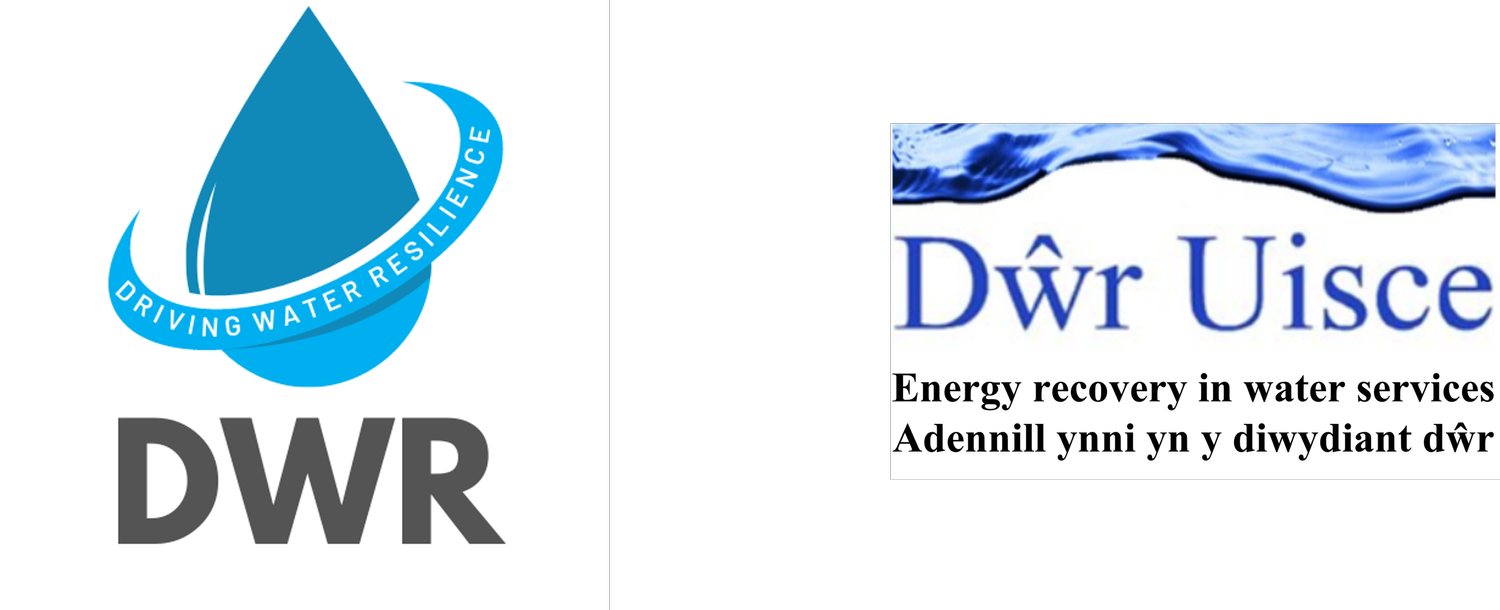Richard with his poster at the International Union of Geodesy & Geophysics General Assembly 2019, Montreal.
Our Bangor PhD researcher, Richard Dallison has attended two international conferences in the last month in order to disseminate his Dŵr Uisce work and gain new insight in to the most recent developments in the field.
Firstly Richard attended one of the premier gatherings of Earth and space researchers, the 27th General Assembly of the International Union of Geodesy and Geophysics (IUGG) in Montréal, Canada between the 9th and 13th of July. This year’s Assembly, with over 4,000 participants from 103 countries, marked 100 years of the IUGG and had a theme of ‘Beyond 100: The next century in Earth and Space Science’. This theme fitted well with Richard’s research, with him having been researching how climate change will impact on water resources in Wales in the coming decades, and the knock-on implications for future water supply security. Richard presented his results for changes in water quality & quantity in the Dyfi catchment, mid-Wales, under a high future emissions scenario. The poster session in which Richard presented allowed him to not only disseminate his work to a broad audience, but also gain valuable feedback, from both other hydrologists, as well as researchers from other fields, with different perspectives.
Shortly after returning from Montréal, Richard attended the International SWAT Conference at the University of Natural Resources & Life Sciences (BOKU) in Vienna, Austria. The three day conference, held between the 17th and 19th of July, covered a variety of topics relating to the development and use of the Soil and Water Assessment Tool (SWAT). SWAT is a hydrological model which is being implemented by Richard to assess climate change impacts on future water supply. The model is used internationally for a variety of purposes, with climate change impact assessment being a key use. This conference was therefore a valuable learning opportunity for Richard, allowing him to talk to and question some of the leading global users of SWAT, as well as the model developers. Once again, the opportunity to present at the conference, this time in the form of a 20 minute oral presentation, was invaluable in obtaining feedback, questions & comments, as well as to make connections in the SWAT modelling community.
Thanks must go to the organisers of both of these extremely valuable conferences for the important insight that has been gained. Furthermore thanks goes to our Dŵr Uisce funders, the European Regional Development Fund, Interreg Ireland-Wales Programme 2014-2020 for enabling the opportunity to attend.


